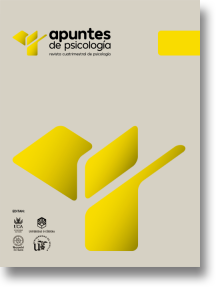Participatory Action Research Related to Disabilities. Standards of Evaluation of scientific Rigor and Collaborative Nature
DOI:
https://doi.org/10.55414/pbtzrx37Keywords:
PAR , standards, scientific rigor, collaborative nature, disabilityAbstract
Participatory action research (PAR) is an approach to research that emphasizes collaboration between researchers and individuals who have vested interest in the research project. This paper will focus on application of PAR in disability and rehabilitation research. Two common criticisms of PAR are a possible compromise in scientific rigor and an increased likelihood for “tokenism” To address these criticisms, this paper will propose and review a set of standards to evaluate the scientific rigor and the collaborative nature of PAR. The review showed that although not all of the criteria for each standard were met, the criticisms that PAR studies lack scientific rigor and suffer from “tokenism” were not supported. However, this conclusion might be limited to the particular disability studies we reviewed and should not be generalized across all the PAR literature..
Downloads
References
.
Downloads
Published
Issue
Section
License
Copyright (c) 2022 APUNTES DE PSICOLOGÍA

This work is licensed under a Creative Commons Attribution-NonCommercial-NoDerivatives 4.0 International License.


















